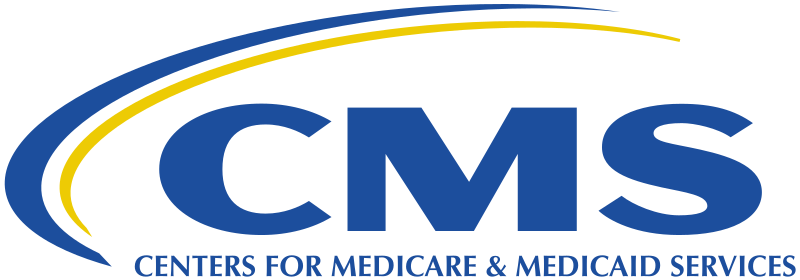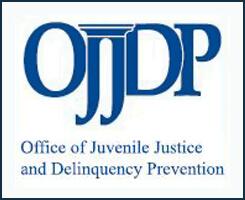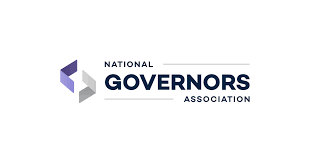This project seeks to operate within a traditional understanding of wellness. It is critical to consider these ways in measuring wellness for Indigenous Peoples, to advance one’s wellbeing through culturally safe approaches. Our goal is to identify feasible, acceptable, and … Read More
Child Welfare


Advancing Health Care in Rural, Tribal, and Geographically Isolated Communities
Addressing Health Equity for Rural, Tribal, and Geographically Isolated Communities The term “rural, Tribal, and geographically isolated” (RTGI) encompasses a diverse range of communities, including non-micropolitan areas, frontier regions, Tribal lands, islands, and US territories. These areas often face unique … Read More

Screening for Adverse Childhood Experiences: A Critical Appraisal
Adverse childhood experiences (ACEs) are common and can impact health across the life course. Thus, it is essential for professionals in child- and family-serving roles, including pediatric and adult primary care clinicians, to understand the health implications of childhood adversity … Read More

Report to Congress on Children’s Mental Health and Psychosocial Support Programming
This report covers progress and results by USAID and the Department of State from October 1, 2022, to September 30, 2023, and other key achievements to date. Mental Health and Psychosocial Support (MHPSS) activities play a crucial role in achieving … Read More

Prenatal Drug Exposure: CAPTA Reporting Requirements for Medical Professionals
Why use this fact sheet? As medical professionals who work with pregnant patients, you face numerous medical, legal, and ethical decision points when treating a patient for substance use during pregnancy, and when providing care to a neonate with drug … Read More

Adoption and Foster Care Analysis and Reporting System
This rule finalizes revisions to the Adoption and Foster Care Analysis and Reporting System (AFCARS) regulations proposed on February 23, 2024. This final rule requires state Title IV-E agencies to collect and report to ACF additional data related to the … Read More

Partnering With Youth and Families: A Best Practices Guide for Youth Justice Stakeholders
Over the past 20 years, experts in the youth justice field have generally agreed on the importance of youth and family engagement in the development and implementation of programs designed to prevent delinquency, intervene with system-involved youth, and prevent recidivism. … Read More

Child Welfare Ideas From the Experts
The Imprint is highlighting each of the policy recommendations made this year by the participants of the Foster Youth Internship Program, a group of eight former foster youth who have completed congressional internships. The annual program is overseen by the … Read More

Child & Family Services Review Process
The Children’s Bureau (CB) conducts Child & Family Services Reviews (CFSRs) periodically to review state child welfare systems. These reviews are the federal governments’ main compliance and enforcement mechanism, but they also serve as a critical component for promoting a … Read More

Leveraging Economic and Health Policies to Prevent Infant and Toddler Maltreatment: A State Policy Toolkit
This toolkit aims to facilitate collaboration among state-level policymakers, agency leaders, administrators, and other partners to pinpoint the connections between policies that promote family well-being and those that prevent child maltreatment. The resources in this toolkit are intended to inform … Read More
